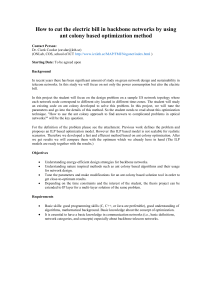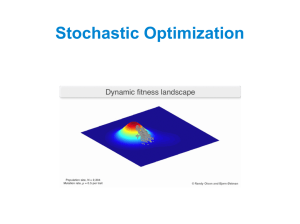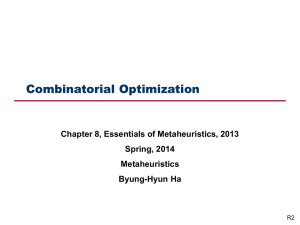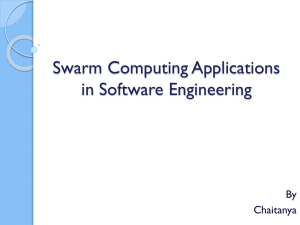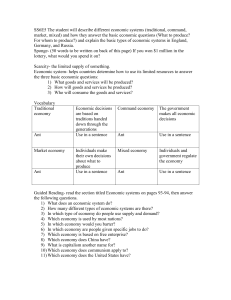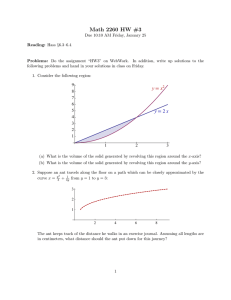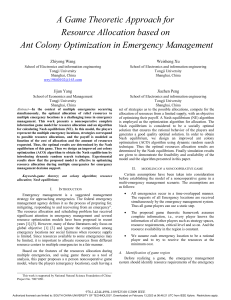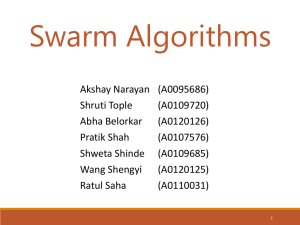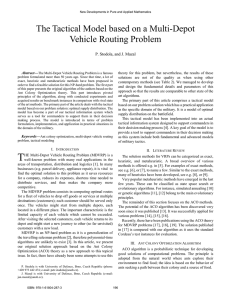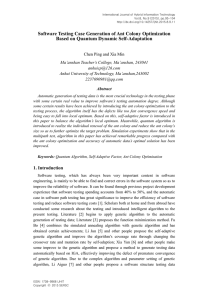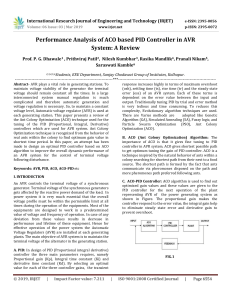Evolutionary Computation on Circuit Design and Optimization
advertisement
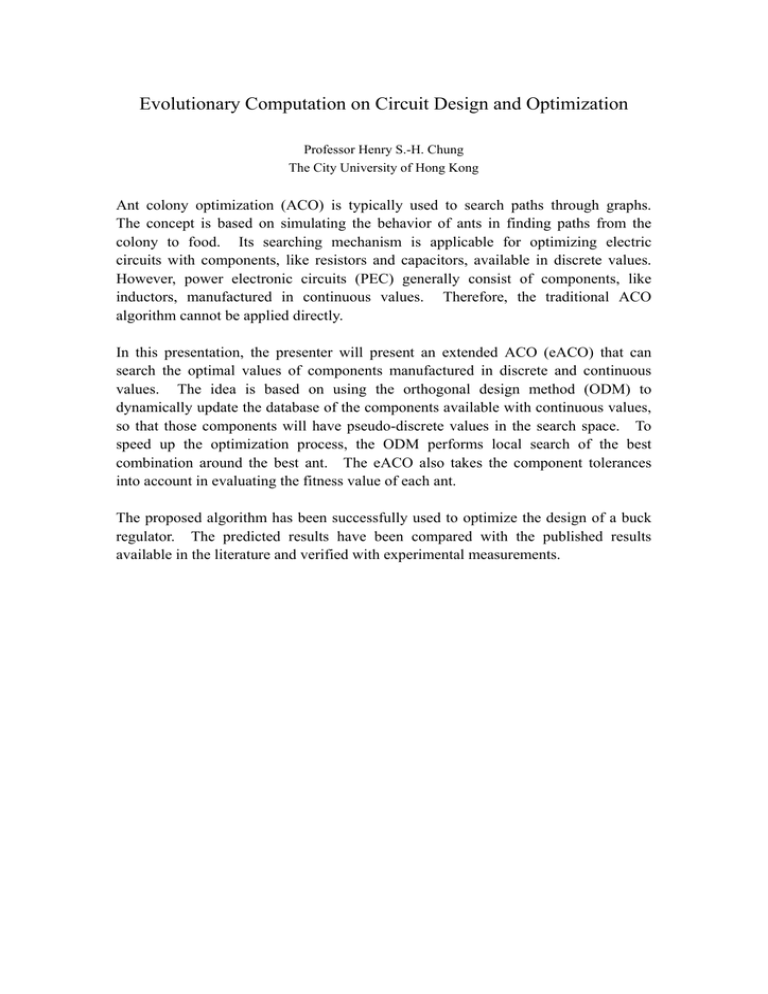
Evolutionary Computation on Circuit Design and Optimization Professor Henry S.-H. Chung The City University of Hong Kong Ant colony optimization (ACO) is typically used to search paths through graphs. The concept is based on simulating the behavior of ants in finding paths from the colony to food. Its searching mechanism is applicable for optimizing electric circuits with components, like resistors and capacitors, available in discrete values. However, power electronic circuits (PEC) generally consist of components, like inductors, manufactured in continuous values. Therefore, the traditional ACO algorithm cannot be applied directly. In this presentation, the presenter will present an extended ACO (eACO) that can search the optimal values of components manufactured in discrete and continuous values. The idea is based on using the orthogonal design method (ODM) to dynamically update the database of the components available with continuous values, so that those components will have pseudo-discrete values in the search space. To speed up the optimization process, the ODM performs local search of the best combination around the best ant. The eACO also takes the component tolerances into account in evaluating the fitness value of each ant. The proposed algorithm has been successfully used to optimize the design of a buck regulator. The predicted results have been compared with the published results available in the literature and verified with experimental measurements.
